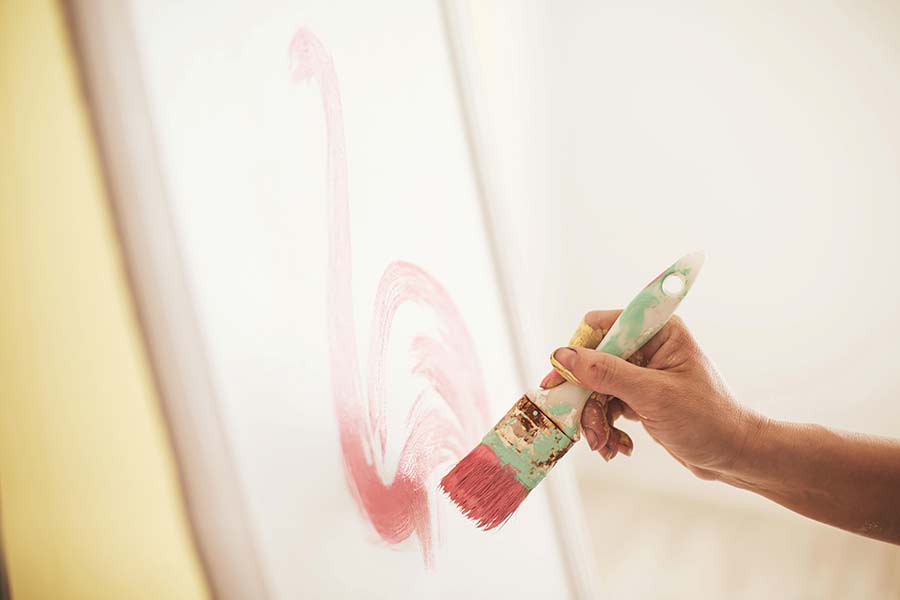Read the latest and greatest from our team
of incredible specialists.

Beach House Recovery Center » Blog » Finding Your Creative Passions in Recovery – A Recap of Our FB Live Event
How do you tap into your creative potential and channel it towards your recovery?
Where are good places to start in the quest to discover your creative side and those personal passions that will sustain your recovery— and why is this quest so critical to your recovery?
What’s the secret to unlocking a motivation for creative exploration when you don’t feel motivated?
These were some of the questions addressed by discussion moderator Micah Robbins and panelists Shawna Scarpitti and Casey Oriend, in July’s installment of our free, monthly conversation series.
As a board-certified art therapist with Beach House, Scarpitti leads a spirituality group that regularly integrates various forms of creative expression as vehicles for spiritual healing and connection. Oriend is one of our on-site admissions counselors who, in addition to his day job (helping people with substance use disorders get treatment), is using his creative passions for music, singing, and the leading of worship to strengthen and sustain his own successful recovery from drugs and alcohol.
What follow are some of the more memorable insights that Scarpitti and Oriend shared in answer to the above questions. (For more, catch the full one-hour conversation.)

The question is one that Scarpitti, who likes to describe herself as a “creativity instigator” in relation to her clients, is well-qualified to answer. She emphasized the following points:
Oriend emphasized the importance of finding friends who share the same creative interests— an element that proved instrumental in the discovery and cultivation of his musical gifts (and that sustained his recovery). He also talked about how rediscovering hobbies that once gave him joy was another important facet of his recovery (and can be for others).
There are many ways to start the quest to discover one’s creative self, according to Oriend and Scarpitti:
Oriend said one of the biggest benefits of harnessing one’s creative passions and gifts is having something to lose when cravings hit. Having been to rehab six times before getting sober once and for all, he shared that it was the discovery of his musical abilities and the joy of sharing these gifts with others that made the critical difference in helping him achieve lasting sobriety: now, when cravings hit, he can remind himself of what he has and what he doesn’t want to throw away (a creative vocation leading worship); and that reminder is enough to help him stay sober.
As for what to do if you don’t have any motivation to do anything creative? Oriend encouraged listeners to spend time connecting with their Higher Power. He also recommended getting out of one’s comfort zone and trying something new. Scarpitti agreed, quoting the mystic Rumi: “Sing out loud like the birds sing, and don’t worry about who hears or what they think.”
Get the unabridged conversation. Or, for more information about creativity in relation to recovery, explore “How Recovery Promotes Happiness, Productivity and the Freedom to Explore One’s Purpose and Passions.”
Whether you’re researching for yourself or a loved one, Beach House can help. We understand that this is a serious time in your life and that the treatment center you choose matters. We want you to feel comfortable and empowered to make the right decision for yourself, a friend, or a family member. This is why a counselor is waiting and available to answer your questions and help put your mind at ease regarding the next steps. Many of the staff at Beach House have walked in your shoes. If you feel you’re ready or want more information about how to help a loved one, we can help today. You can also learn why we are voted the #1 rehab for addiction treatment in Florida.
We accept most major insurance plans and can verify your benefits quickly and confidentially.
We’re committed to helping you access the care you need, our admissions counselors can guide you through your coverage options and available resources.





"*" indicates required fields